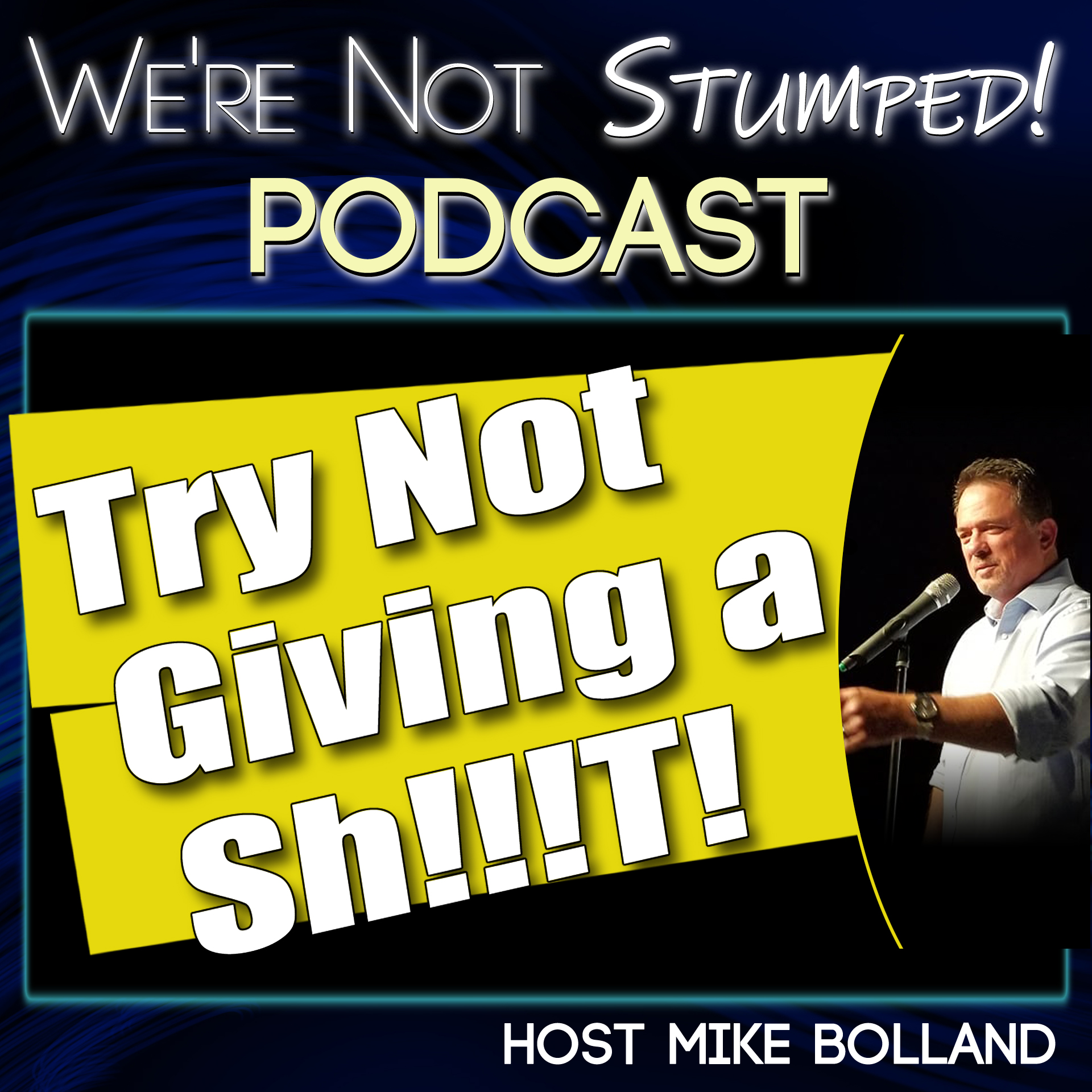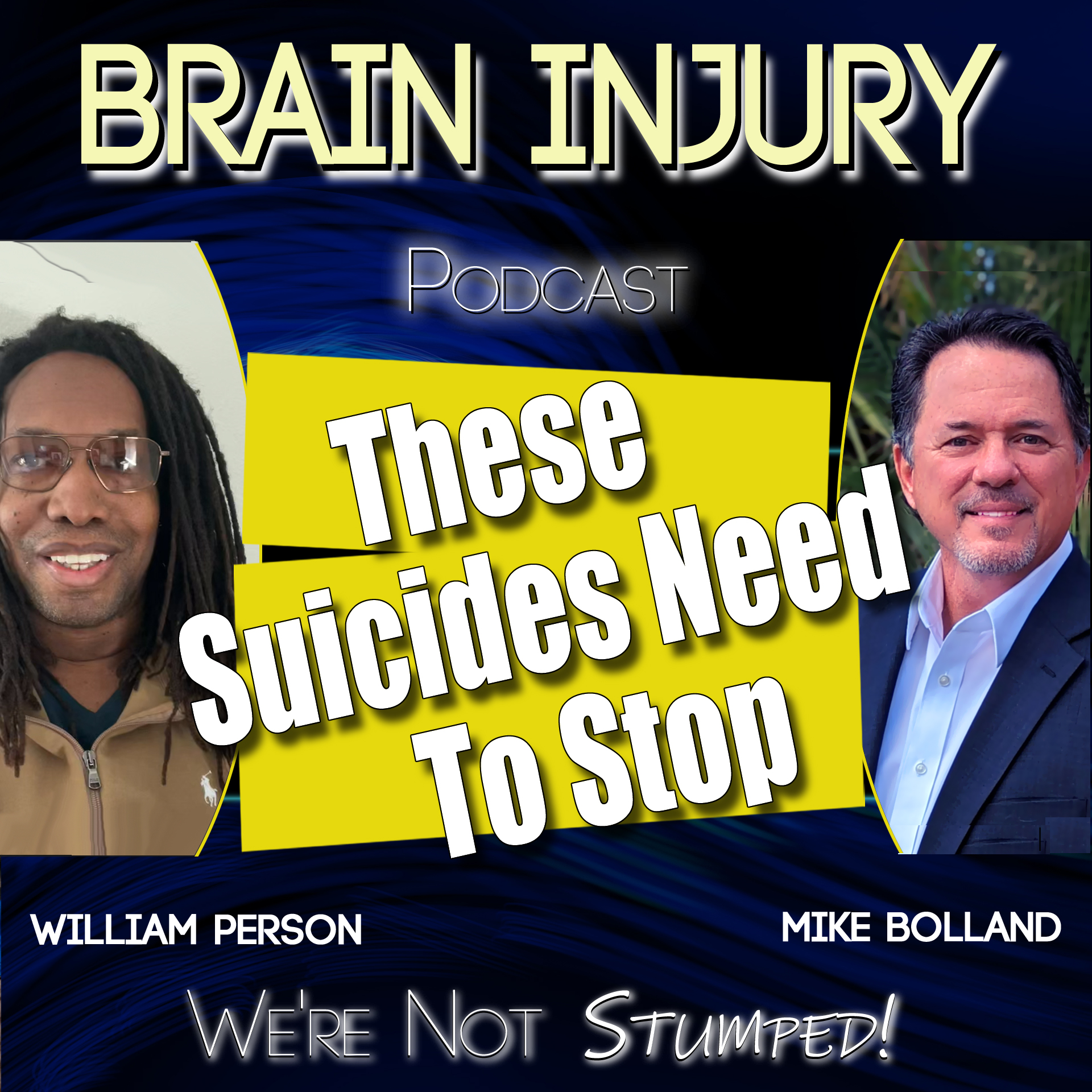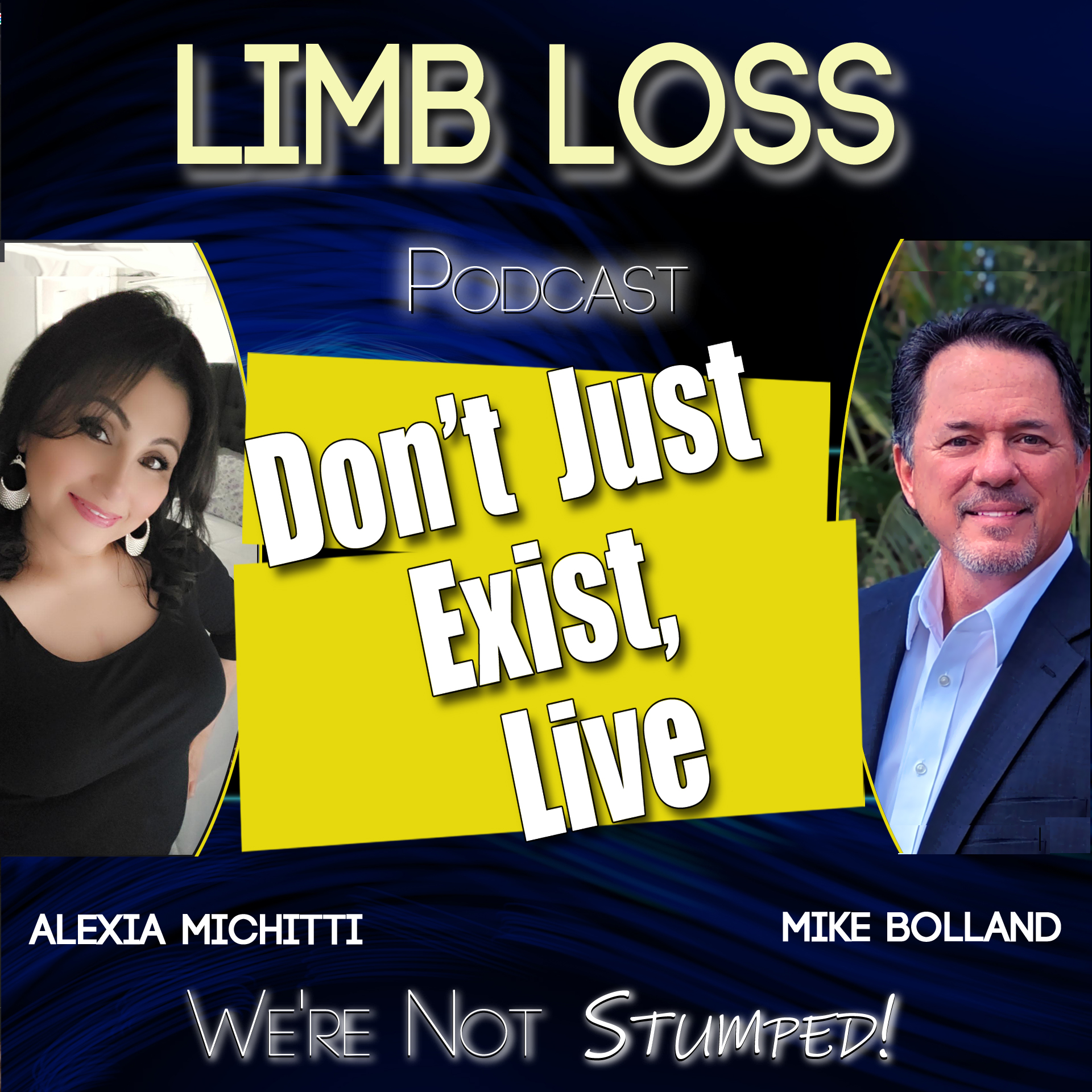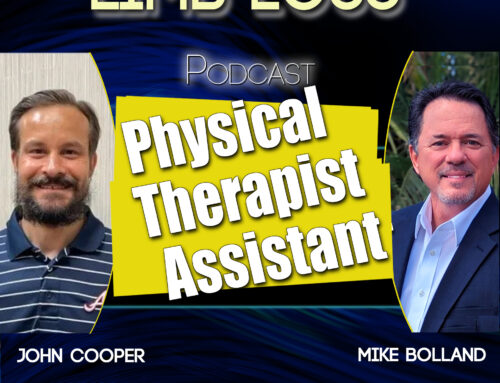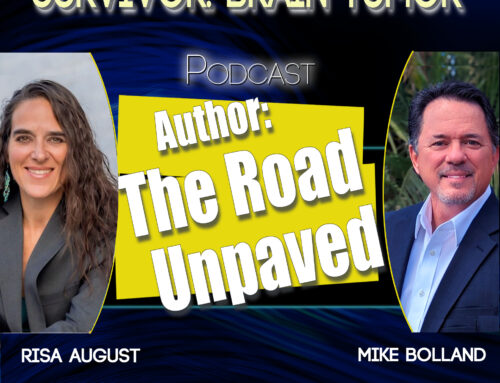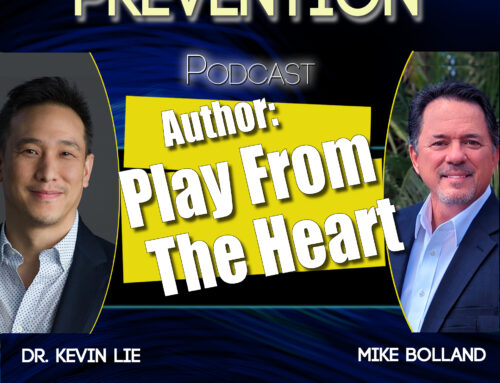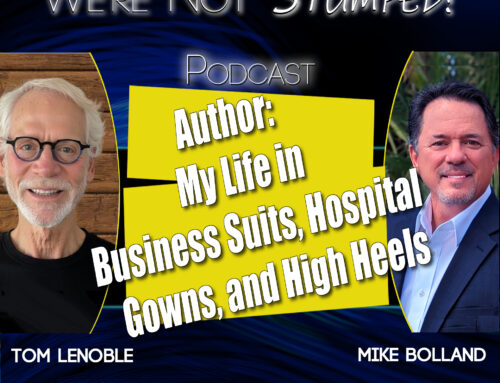In this episode of We’re Not Stumped, host Mike Bolland sits down with Brooke Brown—a passionate advocate, spiritual wellness guide, and founder of Brooke’s Butterfly Touch. Brooke, who lives with cerebral palsy and uses a wheelchair, shares how her journey led her to discover Reiki, energy healing, and the power of self-connection.
As an Ambassador for United Cerebral Palsy of Central Arizona and host of the Rolling in Grace podcast, Brooke empowers others to live with purpose, embrace their uniqueness, and become their own biggest advocates. She shares her message of accessibility, inclusion, and disability visibility, along with the importance of assuming competence in every interaction.
💜 Brooke’s mission is simple but powerful: help others reconnect with their spirit, lead fulfilling lives, and see disability through a lens of strength, not limitation.
🎧 In this episode:
- Brooke’s journey with cerebral palsy
- Discovering Reiki and spiritual healing
- The story behind Brooke’s Butterfly Touch
- Her role as a UCP Ambassador
- The Rolling in Grace podcast and disability advocacy
- Why we must always assume competence and bless our differences
📹 Watch Brooke speak at Life Recovery Church:
Always Assume Competence – Blessing Our Differences
🦋 Learn more about Brooke:
https://brookesbutterflytouch.com/
👩🦼 UCP Ambassador Profile:
https://ucpofcentralaz.org/ambassadors/brooke-brown/
🎧 Listen to Rolling in Grace:
https://podcasts.apple.com/us/podcast/rolling-in-grace-podcast/id1674482810
If you’re passionate about disability advocacy, spiritual growth, or building a more inclusive world, this episode will uplift and inspire.
Listen on Apple Podcasts
Watch on YouTube
Listen on Spotify
In this episode of We’re Not Stumped, host Mike Bolland explores the power of the “I don’t give a crap” attitude — and how it can transform life after limb loss. Mike shares how letting go of judgment and embracing unapologetic confidence helps amputees find freedom, purpose, and joy. From learning to laugh at setbacks to defying expectations, this mindset is about living boldly — not bitterly. 💬 Topics covered: ✅ Why confidence matters more than comparison ✅ Turning self-doubt into strength ✅ How humor and attitude fuel resilience ✅ Real stories from the limb loss community 🎧 Tune in, get inspired, and start saying “I don’t give a crap” — in the best way possible.
What happens when life takes you in an unexpected direction? For William Person, it meant going from college track and field to becoming an Olympic bobsledder — despite once thinking the sport was “stupid.” In this compelling episode of We’re Not Stumped, host Mike Bolland dives deep into Will’s remarkable story — from athletic triumphs to the unseen mental and physical toll of high-impact sports. Will shares: ✅ An Unexpected Start – How a Canadian team discovered him at ASU and convinced him to try bobsledding—only for him to win a medal in his first week. ✅ The Hidden Dangers – The connection between bobsledding and CTE, the effects of repeated high G-forces, and the lack of medical safeguards for athletes. ✅ Cognitive & Emotional Struggles – How memory lapses, confusion, and the loss of a teammate shaped his journey toward healing. ✅ Advocacy & Recovery – Will’s mission to raise awareness about mental health, his success with oxygen therapy, and his vision to open a treatment facility for athletes and veterans in St. Louis. This episode goes far beyond sports—it’s a story of resilience, healing, and the fight for athlete safety.
In this episode of We’re Not Stumped, host Mike Bolland speaks with Neomi Flores, who became an amputee at age 43 after a blood clot changed her life forever. Neomi shares her powerful journey, including: The frightening symptoms that led to her amputation Facing fear and uncertainty before surgery A year in a wheelchair and the challenges of recovery Learning to walk again with prosthetics Drawing strength from her faith, her children, and small victories The meaning behind her tattoo: “Don’t just exist, live” Her story is one of resilience, gratitude, and determination—a reminder that even in life’s toughest moments, it’s possible to find purpose and live fully.

